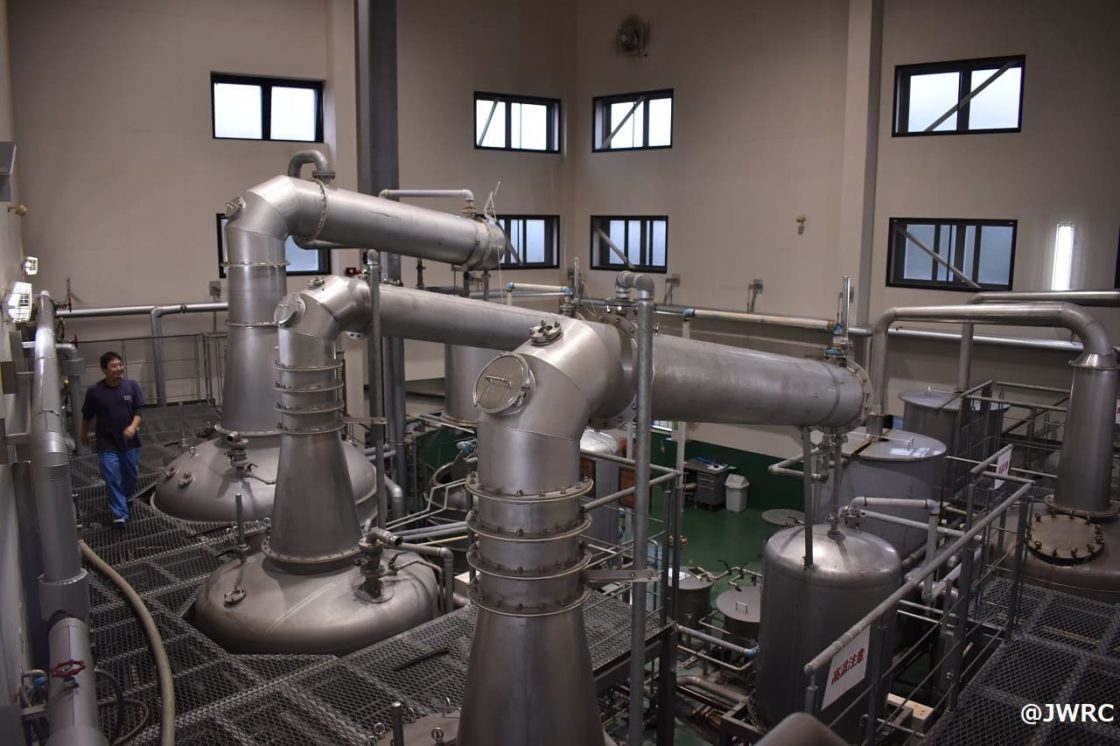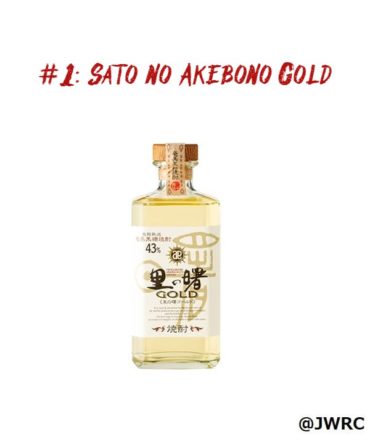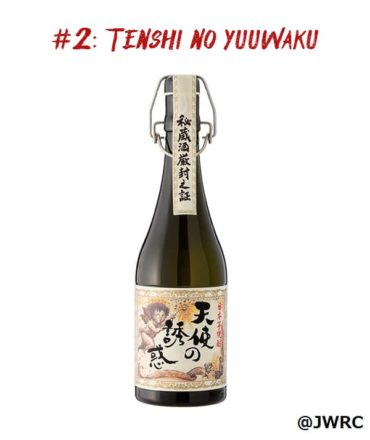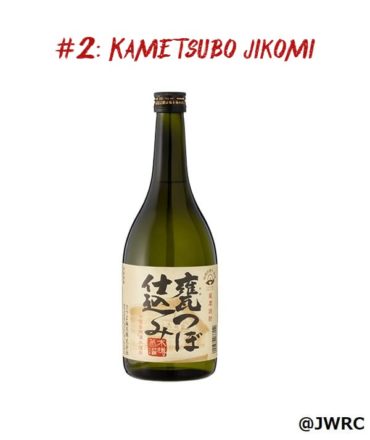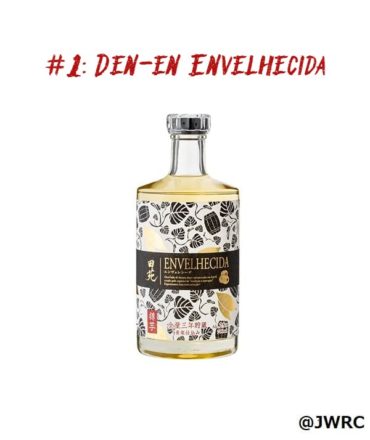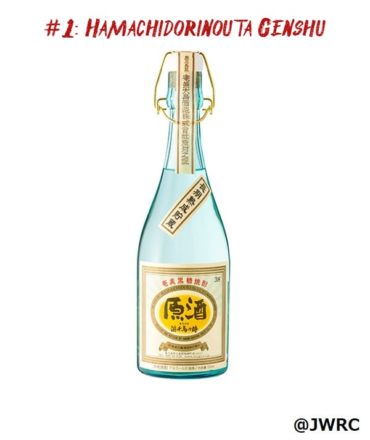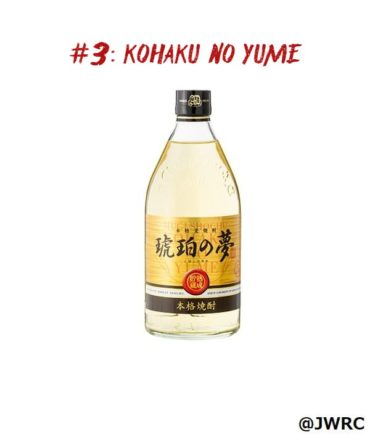In 2020, the Tokyo Whisky & Spirits Competition added a division for shochu, Japan’s native spirit. In preparation for 2021’s Tokyo Whisky & Spirits Competition, let’s take another look at the results from 2020’s shochu division, specifically how they differed between judges specializing in Western spirits, and judges specializing in shochu.
Text: Mamoru Tsuchiya, Tokyo Whisky & Spirits Competition Executive Committee Chair
Photos: JWRC
Translation: Whiskey Richard
This article originally appeared in the Tokyo Whisky & Spirits Competition Official Guide Book 2020 (Shochu Division). It has been translated and posted here with permission.
Based on a proposal that came out of a round-table discussion with the TWSC Executive Committee in late July, let’s revisit the list of shochu bottles that won awards at TWSC2020. The goal here is to see if the final results of Superior Gold, Gold, and “Best of the Best” winners are different based upon the specialization of the judges. In other words, is the list of winners is different between Western spirits experts and shochu experts? If there are differences, what are the trends? Let’s try to read a bit more into it.Western Spirits Experts
To begin we chose 15 judges from the pool of 32 Western spirits judges, whose expertise is mainly in whisky, but also rum, tequila, and others. The scores are averaged, and we leave in the highest score; i.e. it’s not the post-adjustment score (the second-highest).
Those results, to 10th place, are shown below. “Sato no Akebono Gold” is 1st place, “Tenshi no Yuuwaku” and “Kametsubo Jikomi” share 2nd place. 8 bottles won Superior Gold and 2 won Gold. Broken down by category, there are 6 bottles of potato shochu, 1 each of barley shochu and awamori, 2 bottles of kokuto sugar shochu, and 5 of the winners have been cask matured. For abv it’s half a half, with 5 bottles at 25% abv and 5 bottles 40% abv or above.
Results: Western Spirits Experts
Shochu Experts
Scores from a slightly smaller pool of 9 shochu experts were tallied in a similar manner. That’s shown in the table below. Only 5 of these bottles won top prizes: 4 Superior Gold, 1 Gold. The other 5 items were Silver winners. Despite winning a Silver medal, the kokuto sugar shochu “Hamachidorinouta Genshu” tied for 1st place at 93 points with the potato shochu “Den-en Envelhecida.” By category there are 3 potato, 4 barley, 2 kokuto sugar, and 1 other. Like the Western Spirits judges, no rice shochus are found in the top 10. 6 items are cask aged — more than the Western spirits judges. In terms of abv, 6 items are 25% abv, 2 are 30-39% abv, and 2 are 40% abv and above.
Results: Shochu Experts
Trends
Although it’s not possible to extrapolate every trend from this data, overall, shochu judges tended to rate entries higher. Given the scoring and summing methodology, those scores were not easily reflected in the results (because highest scores were discarded when calculating the average).
Category-wise, overall, Western spirits experts rated potato shochu higher, and shochu experts rated barley higher. Rice shochu did not appear in the top 10 for shochu experts, nor did awamori.
While it may seem like judges with a Western spirits background would rate cask-aged shochus higher, in fact, both pools had 5 or 6 bottles matured in wood.
Looking at abv, the division is more clear-cut. Western spirits experts had 5 bottles at 25% abv and 5 bottles at 40% abv or above. That’s in comparison to shochu experts, with 6 bottles at 25% abv and only 2 items 40% abv or above. From this result you could say that Western spirits experts gave better ratings to stronger shochus, while shochu experts properly recognized shochu’s traditional 25% abv.
From a consumer perspective, if you are more into Western spirits, perhaps you should try the winners as selected by the judges with Western spirits expertise. If you normally drink shochu, shochu judges’ choices may better meet your preferences and standards. Certainly the opposite is also doable, too. Hopefully this will serve as a good reference when selecting your shochu in the future.

Mamoru Tsuchiya is Japan’s foremost whisky critic. He is the Representative Director of the Japan Whisky Research Centre, and was named one of the “World’s Best Five Whisky Writers” by Highland Distillers in 1998. He served as the whisky historian for NHK’s Massan and he has published several books such as The Complete Guide to Single Malt Whisky, Taketsuru’s Life and Whisky, and The Literacy of Whisky. He is the editor of the bimonthly Whisky Galore, Japan’s only print whisky magazine.

